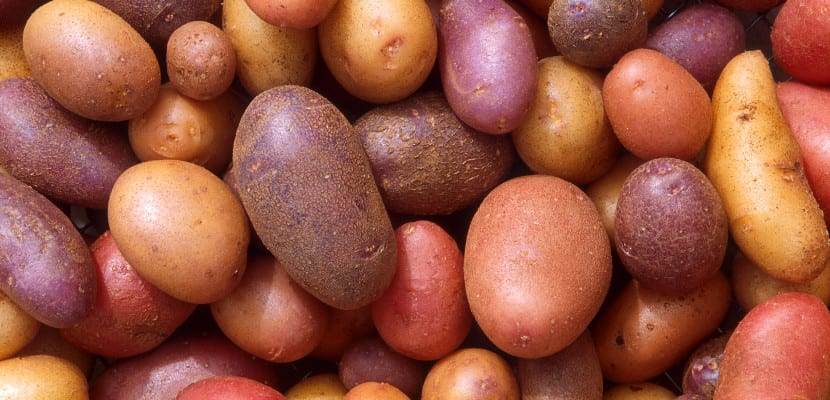
Potato is a staple food worldwide because it is cheap, nutritious and easy to grow. In the future, its relevance is expected to be even greater given increases in food prices and declining supplies of rice, wheat and corn.
This tuber (food that grows under the surface of the earth) is a good source of carbohydrates, protein, vitamin C, fiber and potassium. Most of the world's potatoes were grown and consumed in Europe and North America, but that changed after the 60s, when Asia, Africa and South America began to multiply their production.
And it is precisely from this last continent, South America, where the potato comes from, specifically from the Andes mountains. Farmers in what is now Bolivia and Peru learned to domesticate potato crops thousands of years ago, providing food security for Andean civilizations.
Later, in the XNUMXth century, the spanish explorers They returned home with this food and from there they introduced it to other European countries, where despite being viewed with suspicion at first, it ended up being embraced by the masses. In Ireland, for example, the potato helped save the lives of more than three million people during the famine of the XNUMXth century.
The biggest advantage of the potato over other important foods is that it requires less soil and grows faster (between 90 and 180 days) and in harsher conditions. In addition, it can be grown both at sea level and at high altitudes and at many different temperatures, allowing it to be grown all over the world. Among its most important requirements is the need lots of water and well-drained soil. Also, unlike other vegetable crops, potatoes grow from other potatoes, which is why farmers must set aside a certain amount of tubers each season to plant next year.